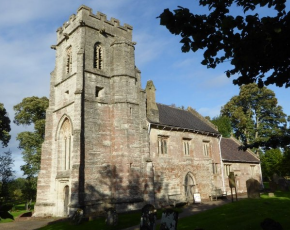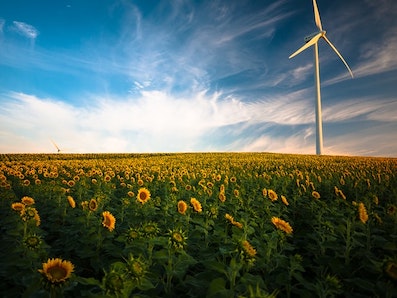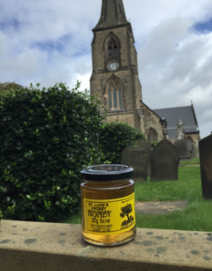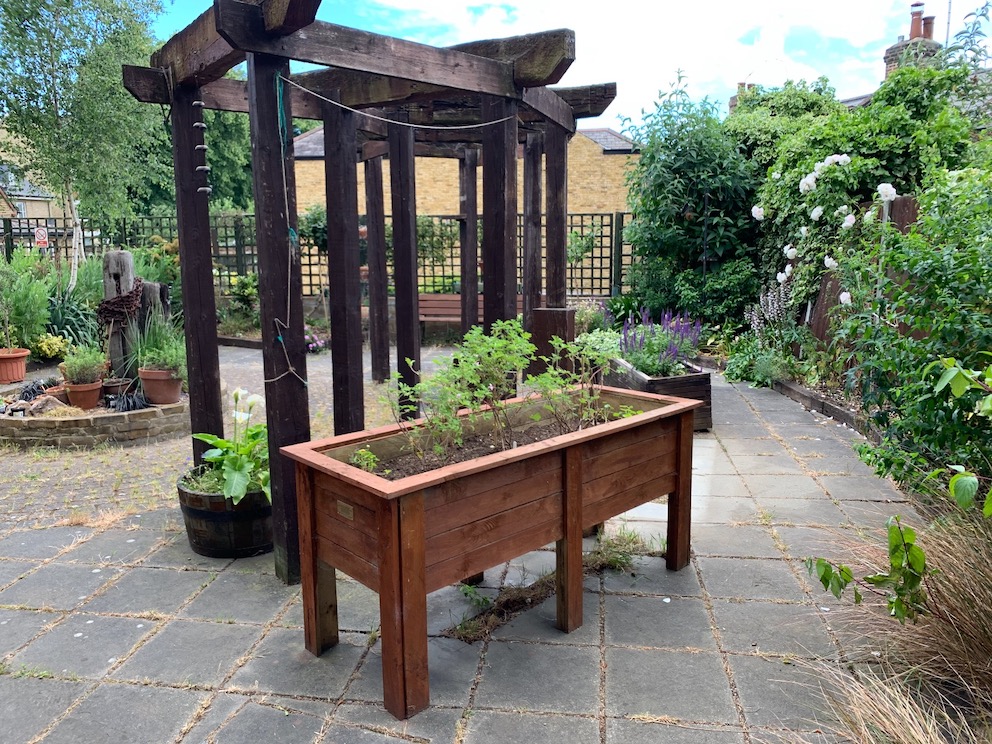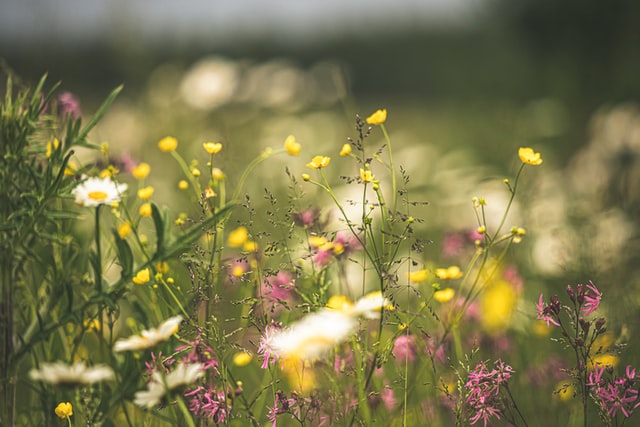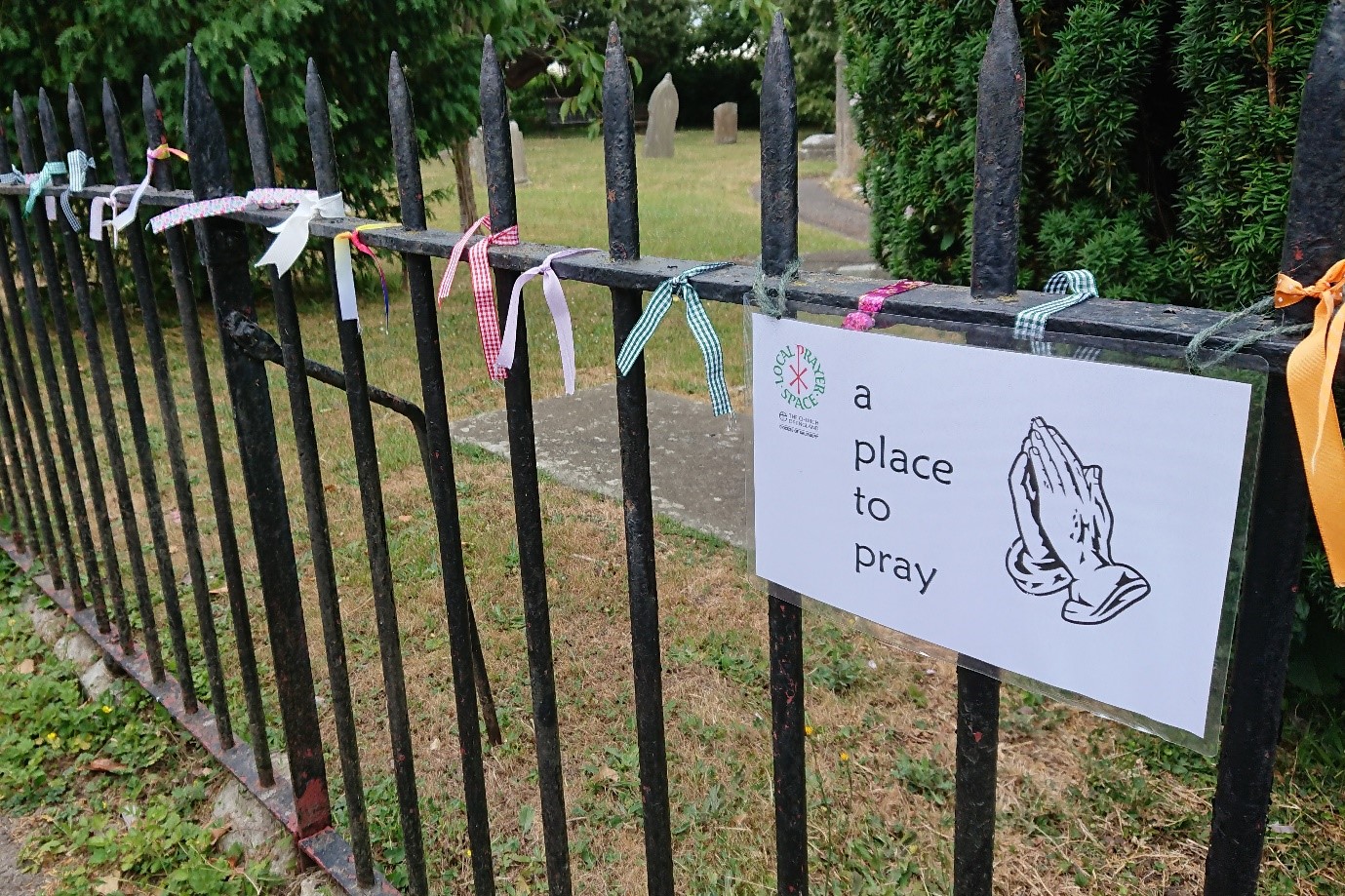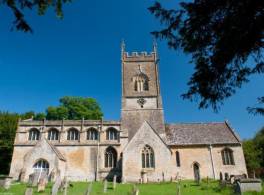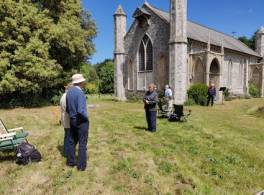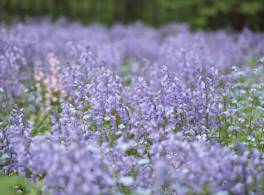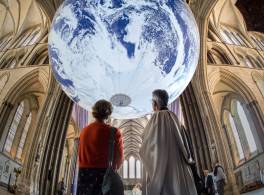Towards net zero carbon emissions
In line with the General Synod motion that called for net zero carbon emissions across the Church of England by 2030, churches are creatively seeking ways to be a part of the broader Church's vision to reduce carbon emissions. Here are several case studies that show the different ways this is being implemented, and you can see more by visiting this page.
Eco Church
Eco Church is a scheme run by A Rocha equipping churches to care for God's creation through their worship, buildings, local engagement, and individual lifestyles. By completing an online survey, churches can be considered for an Eco Church Award at either Bronze, Silver, or Gold level. The scheme is a fantastic resource for encouraging churches, cathedrals, and dioceses to embody the fifth mark of mission.
See below for examples of Eco Churches at different levels; for more case studies, see this page, or click here to find out about Eco Dioceses.
Outdoor Worship
Holding corporate worship outside presents an opportunity to notice and be thankful for God's creation. You'll find lots of ideas and resources for outdoor worship on this page, with a case study from the Diocese of Salisbury below.
Biodiversity
Plants and animals are essential for sustaining the ecosystems that give us food, fuel, health and wealth. As Christians we are called to care for our God-given creation. Churches and their churchyards are an important part of the diverse natural habitat of England. Many of the examples in the Eco Church section above encompass caring for biodiversity, but you can find additional examples below as well as on our dedicated case studies page.
You can also find out more about biodiversity by visiting this page and see more case studies by clicking here.


